SB 391, a bill sponsored by Senator Dallas Harris, Assemblyman Howard Watts, and Assemblywoman Shea Backus, prohibiting local governments from sounding sirens, bells, or alarms for certain purposes, did pass through the legislative session and would have prevented the Fallon noon whistle had it not been for an amendment brought about by the careful negotiating of freshman Assemblyman Greg Koenig, thorough researching by a determined team made up of the Churchill County Museum, staff with the City of Fallon, and the support of citizen lobbyist Kelli Kelly.
The bill passed out of the Senate on April 25, with 17 yes and 4 no votes, and was then amended in the Assembly Government Affairs committee before it passed out of the Assembly on a 41-1 vote with Ken Grey (R-AD39) opposed.
SB391 was in answer to a similar bill passed last session aimed at silencing the siren in Minden which has been linked to a Douglas County “sundown ordinance” repealed in 1974 that required Native Americans to leave town by 6:30 p.m. It prohibits a community that sounds or has ever sounded a siren, bell, or alarm in association with an ordinance that required persons of a certain race, ethnicity, ancestry, national origin, or color to leave the community by a specific time, from continuing to use their siren.
The amendment allowed for the language to restrict only communities whose siren was connected to a sundown ordinance. Because the Fallon siren was never associated with such an ordinance, as confirmed with extensive research, it is exempt and can continue to be sounded as it has for nearly a century. Eureka and Hawthorn also have daily whistles that are not associated with sundown ordinances and can also still be used.
The noon whistle at City Hall in Fallon was installed in the late 1800s to call the firemen for an emergency. Today it is used to alert the community to be on the watch for volunteer firemen who are traveling to the firehouse for emergencies with their flashers on personal vehicles. It became a tradition over the years to test the whistle at noon and became a community symbol of lunchtime.
“This bill for us was about maintaining public safety for our volunteer firefighters and our community,” Mayor Ken Tedford said. “We are very pleased, that with great help from Assemblyman Greg Koenig, we were able to maintain that public safety for our citizens.”
After the legislation was passed in 2021, Tribal leaders and the town of Minden announced an agreement to change the time of the daily siren from 6 p.m. to 5 p.m. Locals maintain the siren honors first responders.
Legislators came back this session with the SB391 version calling the Minden agreement an “end-run around the 2021 legislation.”
AB391 also authorizes the Nevada Attorney General to bring a civil action to collect a monetary penalty from a county, city, or unincorporated town for each violation. This bill also prohibits a county, city, or unincorporated town from taking adverse employment action against the employee for reporting such a violation to the attorney general.
“Initially the wording would have eliminated all sirens in the state,” said Kelly. “After being asked by Assemblyman Koenig and the sponsor, Senator Dallas Harris to help to try to find a way to ensure that sirens in the state associated with sundown ordinances were no longer able to be sounded, and at the same time provide a pathway for communities that have whistles that are not associated with an ordinance that was discriminatory based on race, when I was asked to help find a middle road, I was happy to collaborate.”
Kelly said that collaboration included research into Fallon’s history alongside the museum and library staff, the City of Fallon, and partners at the Paiute Shoshone Tribe, which confirmed that the City of Fallon has never had a sundown ordinance. “Once we were able to find out that we didn’t have that ordinance in our past, that opened the door to work with the sponsor to revise the language that whistles that are not associated with a history of racism are allowed to continue.”



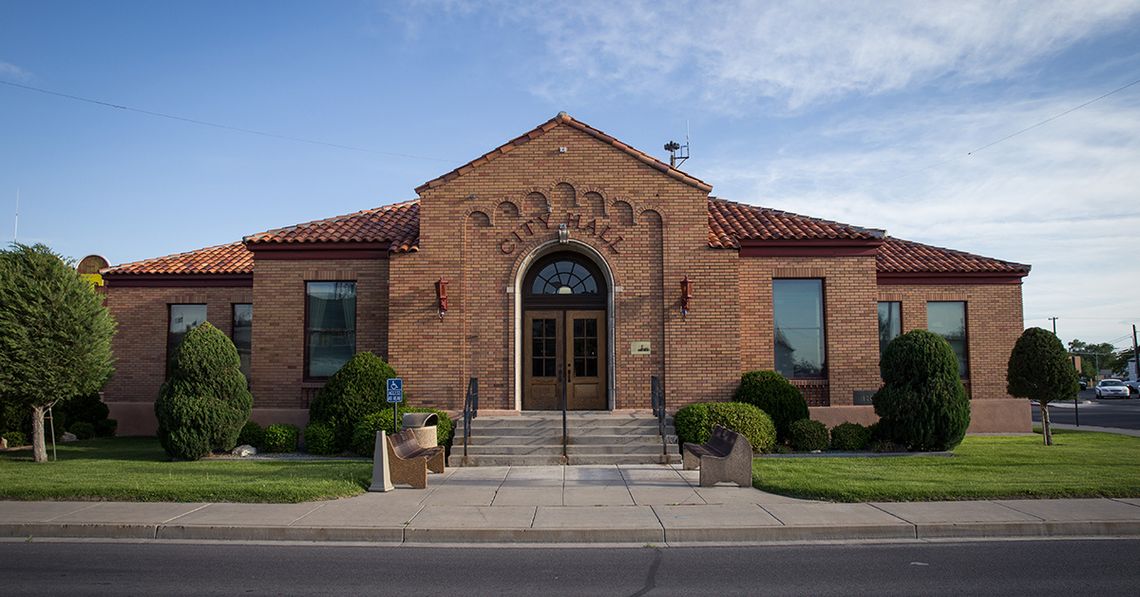






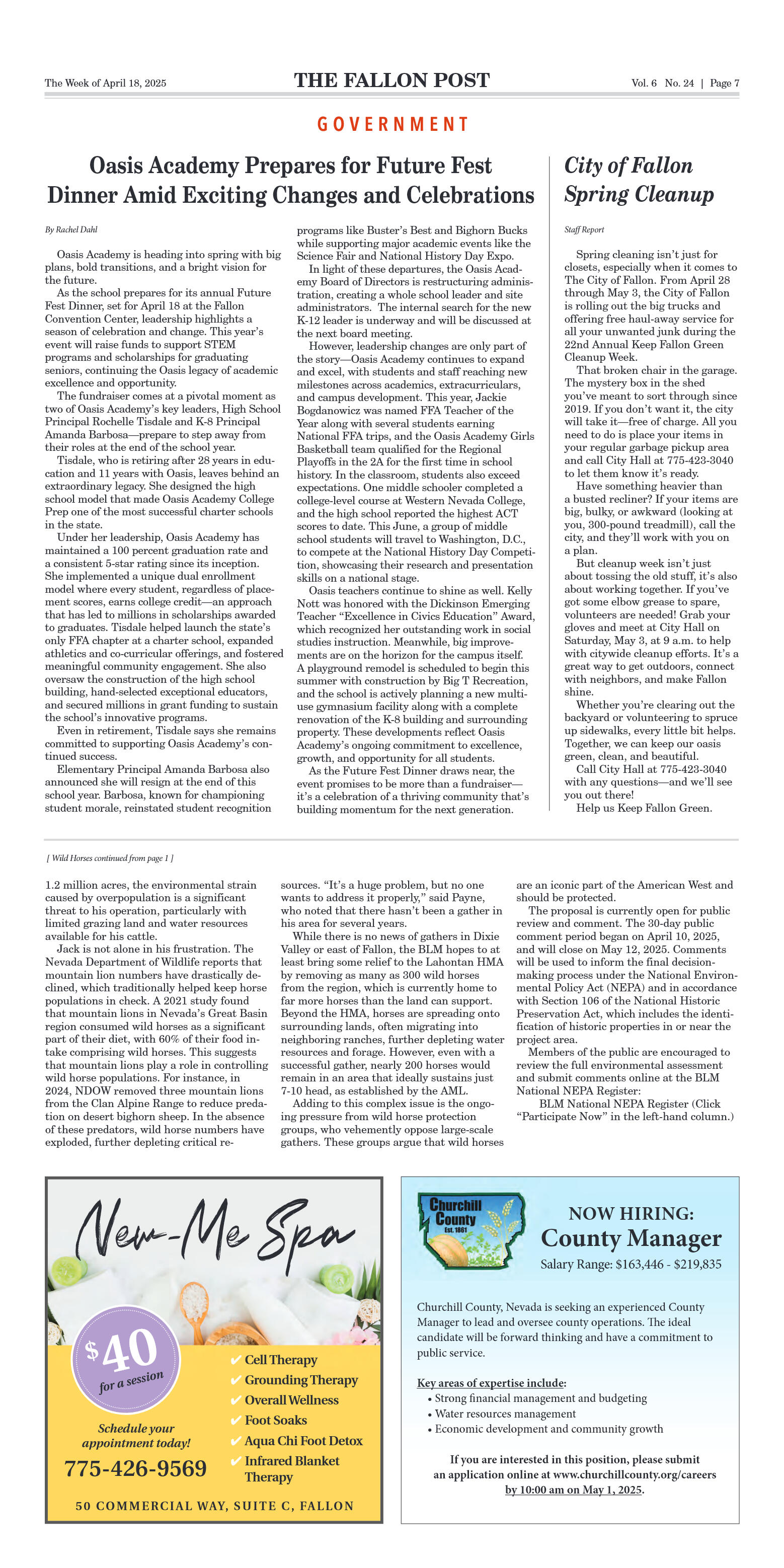

























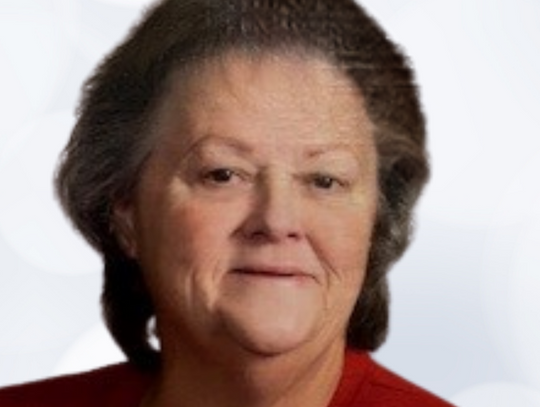

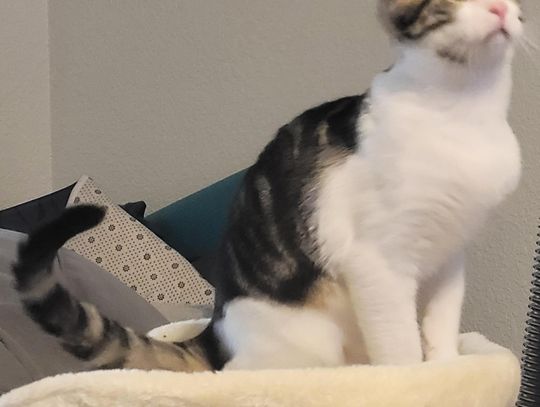
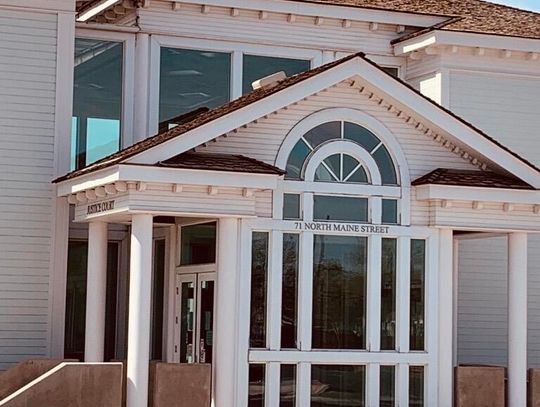
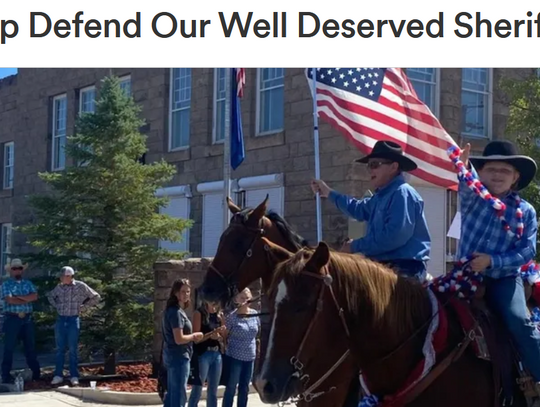


Comment
Comments